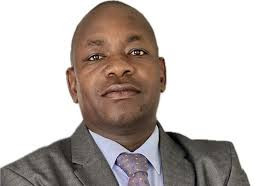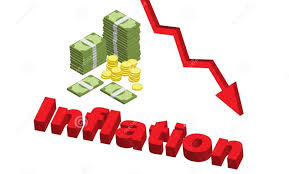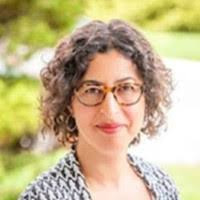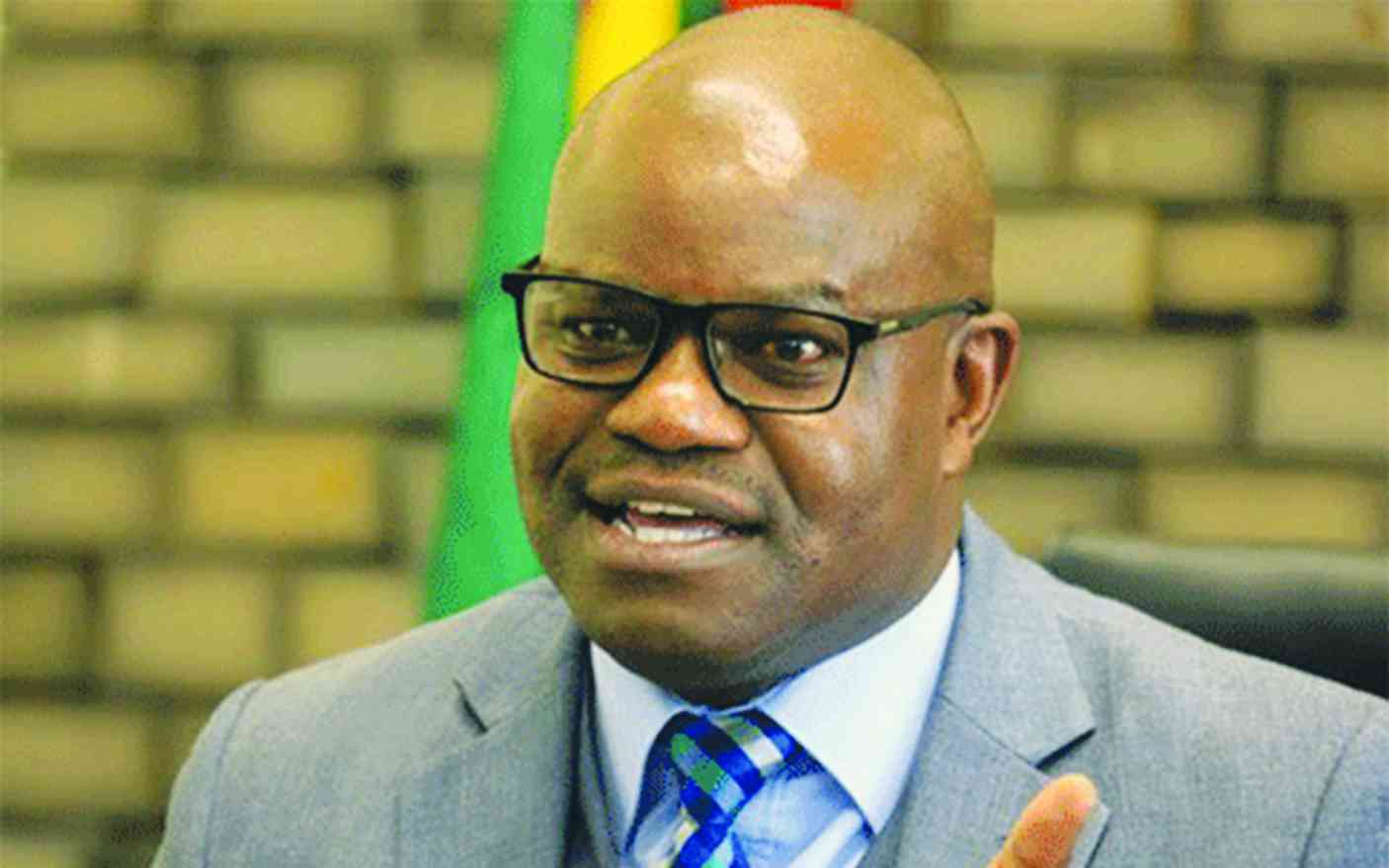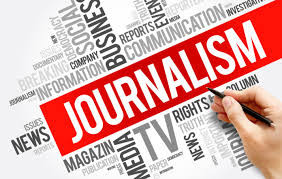
INDEPENDENT journalism, long regarded as the lifeblood of democracy, is under mounting pressure across Southern Africa as political interference, restrictive laws, financial hardship and threats to journalists’ safety intensify.
In response, regional stakeholders will gather on October 15 and 16 in Harare for the upcoming Southern Africa Media Summit (SAMS), a two-day hybrid event aimed at strengthening the role of independent media in promoting transparency, accountability and democratic governance.
The summit, organised by Alpha Media Holdings’ Heart and Soul Broadcasting Services (HSTV) in partnership with the Friedrich Naumann Foundation, the Centre for Human Rights at the University of Pretoria, ZimRights, Orbit International Youth Organisation and the Global Social Movement Centre, will bring together journalists, editors, media executives, policymakers, civil society leaders and international partners.
Organisers said the event will serve not only as a platform for dialogue but also as a call to action to safeguard press freedom in a region where watchdog journalism faces unprecedented obstacles.
“The need for collaborative action has never been greater. Independent journalism is critical to good governance and citizen empowerment. This summit will amplify African voices, ensuring that regional challenges are addressed by those directly impacted,” the organisers said in a statement.
Over two days, participants will explore ways to expose and address the legal, financial and security threats facing the media while sharing best practices and success stories from across the region and beyond.
The programme will include keynote addresses by leading investigative journalists and media freedom advocates, panel discussions on restrictive legislation, business sustainability, digital security, disinformation and the role of the media in shaping positive national and regional images.
There will also be case study presentations, showcasing how outlets continue to operate and innovate in repressive environments, alongside practical workshops on sustainable funding models, investigative journalism techniques and legal rights.
- Mnangagwa in secret visit to Marange
- Global agency downgrades Zimbabwe’s growth projections
- Decomposed body of Taguta laid to rest
- Selmor keeps Mtukudzi’s legacy alive
Keep Reading
Agence France-Presse (AFP) global news director Phil Chetwynd underscored the deteriorating global environment for journalism, warning that press freedom and public trust in institutions are eroding at alarming levels.
“It is getting harder every day to do the fundamental journalistic task of collecting facts and verifying information. It is also getting much more dangerous,” Chetwynd said in an article titled Journalism Under Siege, published to mark World News Day on September 28.
“In the first half of 2025, the climate facing journalists darkened to levels not seen in decades, reflecting a coordinated escalation of violence, intimidation and censorship.
“But these incidents of assaults, arrests, expulsions or journalists fleeing for their lives only hint at the full scale of the global assault on the public’s right to information.
“The geographical spread of violence and intimidation is widening. The situation is aggravated by the rise of authoritarian practices and populist rhetoric that openly targets the press,” he added.
Global press watchdogs have cautioned that without stronger international solidarity and local protections, the decline in media freedom could become irreversible.
Zimbabwe has not been spared. This year, Alpha Media Holdings senior journalists Faith Zaba and Blessed Mhlanga were arrested. Mhlanga spent 72 days in custody over allegations of transmitting “inciteful” messages, while Zaba, the Zimbabwe Independent editor, was detained for four days over her satirical Muckraker column, accused of “insulting” the President.
Organisers stress that protecting independent journalism in southern Africa is not only about defending reporters but also about upholding the public’s right to accurate and unbiased information.
They say the summit is expected to foster cross-border alliances between journalists, civil society, policymakers and media lawyers while also raising public and international awareness of the urgent need to protect press freedom.
The Friedrich Naumann Foundation last weekend held its latest training session of the Womentorship programme in Bulawayo, bringing the total number of young women mentored under the project to 450.
The programme is designed to equip aspiring female journalists with the skills, confidence and resilience to break barriers, smash glass ceilings and claim their space in a profession dominated by men.
Participants were drawn from Matabeleland, Midlands and Masvingo provinces.
The sessions tackled tough but necessary issues, including discrimination, bullying and sexual harassment, as well as political, business and financial reporting, investigative journalism and broadcasting.
Safety in hostile environments, credibility and fact-checking were also central themes.
Recognising the digital era’s demands, the programme further explored new media tools such as podcasting, videography and photography, ensuring that participants are well-equipped to thrive in today’s fast-evolving newsroom landscape.
The SAMS will also address the issue of gender imbalance in newsrooms.

